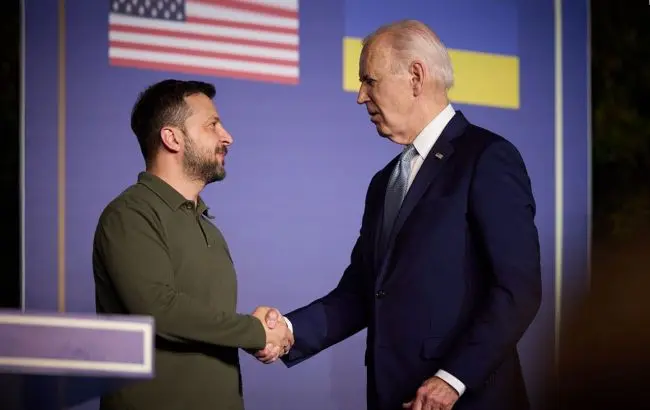According to an anonymous European diplomat, if Democratic candidate Kamala Harris wins the US presidential election, it can be assumed that Joe Biden will start working on an invitation to Ukraine during the transition period.
The implication though… what if she doesn’t?
I guess they can’t invite Ukraine in the transition period if Trump would shoot it down? But why can’t they just rush the ratification?
because it surely won’t accept it before Donald Trump gets sworn in
anyone against it can simply delay and “raise concerns” for a few months
it’s possible that if they rushed it through now, it’d give trump ammo for leaving nato entirely
Removed by mod
Removed by mod
Just to moderate expectations, at this point, the US government has not said anything public as to immediately initiating NATO accession.
According to an anonymous European diplomat, if Democratic candidate Kamala Harris wins the US presidential election, it can be assumed that Joe Biden will start working on an invitation to Ukraine during the transition period.
The chain here is an anonymous European diplomat with God knows what kind of access to the US decision-making process.
The quote here is “can be assumed”, so I assume that this involved at least some analysis on their end, that they aren’t simply relaying information from the US executive.
That isn’t to say that they are necessarily wrong. They may have a solid analysis, or may indeed be someone with inside information and leaking it. But I feel like there’s a big difference between a title like “US Ready to Invite Ukraine to NATO” and “some European diplomat somewhere in Europe told a French newspaper that it can be assumed that if Harris wins election, that the US will start that process”.
I have not, myself, seen anything indicating that NATO membership will be added during the war, though I haven’t been closely following news on it. In a scenario where Ukraine and Russia are at war and Ukraine is in NATO, one would expect Ukraine to promptly invoke Article 5. That means:
-
Either NATO has a unanimous agreement that all member states are prepared to initiate war against Russia.
-
Or there is going to be some kind of legal exception or fancy footwork involved.
My guess, especially looking at the Finland and Sweden process, is that the US is most likely not going to be the long pole on unanimity for NATO membership, which means that in terms of near-term impact, from the US executive, I’d personally be more interested in what bilateral security guarantees the US would provide. There have been some level of agreements signed between Ukraine and the US, but I have no idea as to their contents, and as far as I know, Ukraine and the US have not made their specific terms public. Here’s a press release on one such bilateral:
I’d also note that this press release also says something along the lines of what I am above:
We are not waiting for the NATO process to be completed to make long-term commitments to Ukraine’s security to address the immediate threats they face and deter any aggression that may occur.
My guess is that it won’t be NATO membership that changes the situation on the ground in the immediate term. That will probably only formalize a post-war situation.
-
Yes! It’s about time already.





